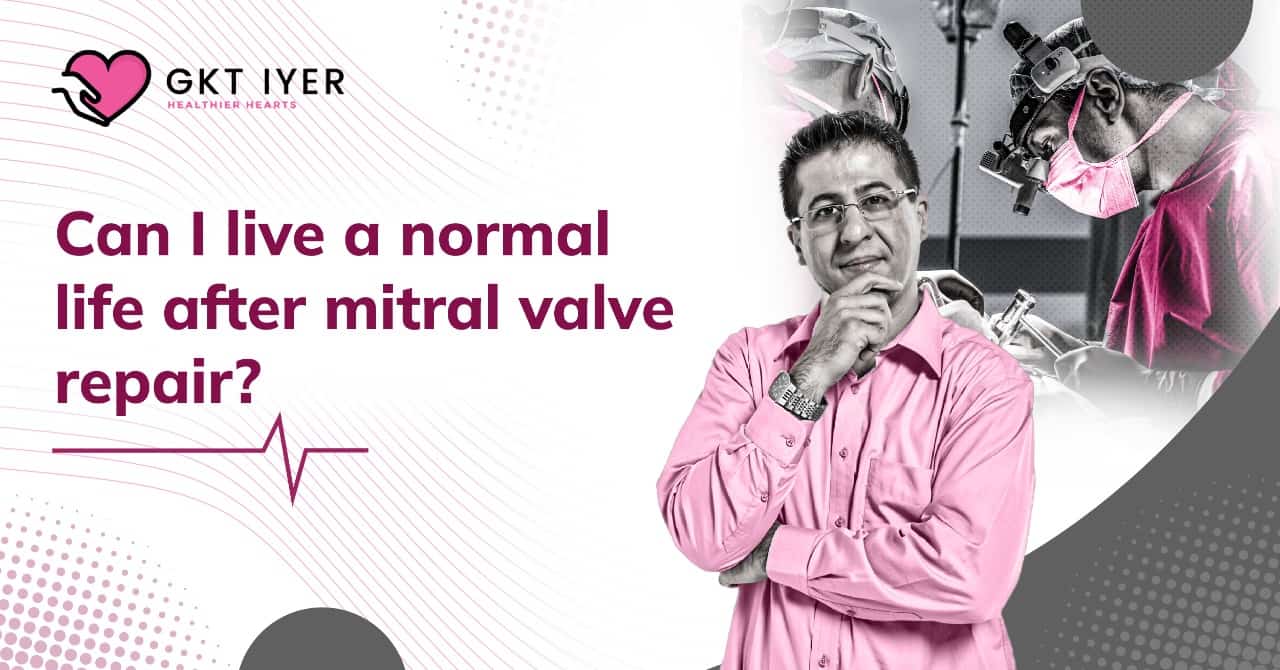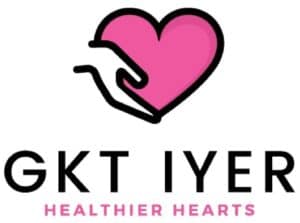Life After Heart Valve Surgery:
After surgery, the recovery process is gradual and you will have regular check-ups and monitoring as part of your care. You may also decide to make other lifestyle changes to improve your overall health. These could include changes to your diet, exercise routine, and stress-management techniques.
Daily Living:
You'll likely begin to feel better almost right away. Your condition will improve gradually, and you'll notice that each day you'll feel a little bit better. However, you'll have to make some lifestyle adjustments to get the most out of your new or repaired heart valve. These may include changes to your diet, exercise routine, and even sleep habits. Talk to your doctor about what lifestyle changes would be best for you.
There are a few things you should keep in mind to prevent your heart valve disease from recurring. First, it's important to visit your doctor for follow-up care and to get their professional opinion on which activities you should avoid and which ones are okay for you to do. They will also give you more specific instructions on how and when to take your medicine.
Secondly, make sure you're living a generally healthy lifestyle by eating well and exercising regularly - this will help keep your heart in tip-top shape and reduce the likelihood of problems arising in the future.
After having a heart valve repaired, you may believe that you need to make large changes to your lifestyle. However, you will likely feel much better physically in the weeks or months following your surgery.
What should be eaten after heart valve surgery?
A healthy diet is essential for everybody, but it's especially important for those who have just undergone valve surgery. Eating well will help your body to heal properly and reduce your risk of developing any complications post-surgery. A focus on healthy eating will also help you to recover more quickly and effectively.
After an operation or while taking medication, you may find that your appetite is poor and that food doesn't taste as good as it used to. Your sense of smell may also change, and you may have a strange metallic taste in your mouth. This is normal and should improve within 3 months. In the meantime, try to eat small amounts of food often.
Ideally, your diet should include, wholesome, plant-based food, healthy fats, and oils that can be found in nuts, seeds, avocado, etc. It's important to avoid sugary soft drinks. When cooking, use as little salt as possible to help lower your blood pressure and prevent fluid retention.
Exercise:
You and your doctor will work together to decide which activities are safe for you and which foods and habits might trigger symptoms. It's important to keep your doctor updated about how you're feeling and if you're experiencing any pain or other issues.
Traveling:
After you have made a full recovery, you will be able to travel. Be sure to speak with your doctor first.
Dental and Medical Procedure:
Tell your dentist or any other medical professionals that you see for your regular check-ups about your heart valve surgery. You may have to start taking antibiotics before getting dental work done or even routine cleanings. This is because there's a possibility of bacteria being dislodged from your teeth and traveling to your heart valve, causing an infection.
Electromagnetic Compatibility:
If you have concerns about electromagnetic devices and your heart valve, you should consult with your doctor to get more information and guidance.


